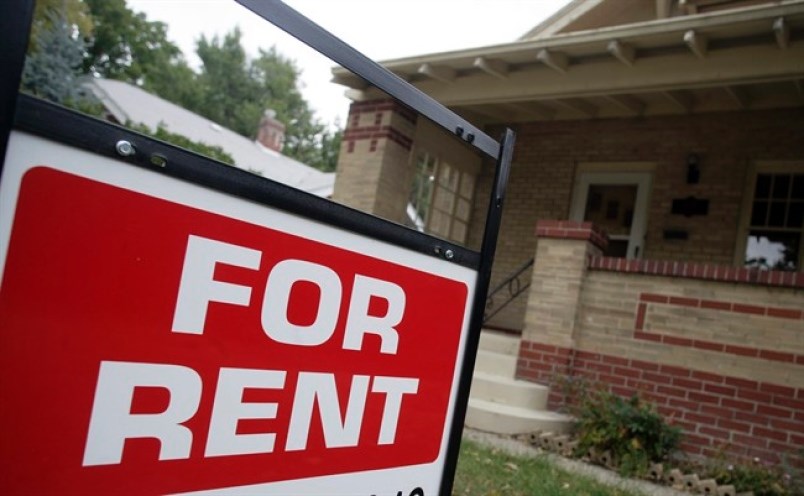York Region is exploring a vacant home tax among other measures to combat its declared housing affordability crisis.
The proposed tax would apply to homes sitting empty, potentially between one to two per cent of the assessed value of a home. Staff presented the option to the housing affordability task force Oct. 6 as a way to entice people to put homes up for rent, as well as raise funds toward building affordable housing.
Task force members were split on the subject, which is due to come before regional council Oct. 14 to decide whether to consider it further. But Newmarket Mayor John Taylor said it is something worth pursuing, assuming most vacant homes are owned by wealthy people.
“We’ve got plenty of carrots in our toolbox. I think we need some sticks,” Taylor said a “little jokingly,” adding the revenue could build another 10 to 15-floor Housing York affordable housing building per year.
“That’s very meaningful. I would like to see this taken on and implemented entirely on the regional level.”
Tax and intergovernmental revenue manager Bonny Tam said the tax could initially bring in between $15 million to $90 million in revenues annually depending on implementation, though there are also millions in setup and ongoing costs.
Vancouver is the only Canadian municipality to implement one so far, but Tam said it resulted in a 25 per cent drop in vacant homes there. Toronto and Ottawa are also planning to implement similar taxes next year.
The Oct. 6 meeting also had staff highlight York Region’s struggles with housing affordability. The average price of a new, single-detached home in 2020 was $1.3 million, with the average rent for purpose-built rental housing at $1,465 in 2020, 15.6 per cent more than 2018. The region officially declared a housing affordability crisis in February.
Markham Mayor Frank Scarpitti said he would hear out the staff report next week, but he prefers to use methods that encourage development to address affordable housing.
“When it comes to the supply of more affordable housing, I’d rather use carrots than sticks. Hopefully, through these carrots, we can motivate the building industry,” Scarpitti said, “(such as) cutting the timeline for development approvals and having incentives for affordable housing.”
The region is also planning for that through adjustments to its development charges bylaw. Staff prepared a package of options to ease the charges on several development types. These include classifying residential dwellings with less than 700 square feet as small apartments to help tiny homes, exempt adding new residential units in buildings from charges, and removing the four-storey requirement for a 36-month charge deferral policy meant for purpose-built rental. The full slate of changes is expected to be tabled in February and approved in May.
If council decides to move ahead with exploring a vacant home tax, a consultant costing between $100,000 to $150,000 would be procured. Staff’s hypothetical timeline would have public engagement happen between April to July 2022, with a bylaw possibly ready by the first quarter of 2023.
Aurora Mayor Tom Mrakas said it is a step worth taking.
“We always talk about there’s a supply issue. I personally believe we should be using the supply that’s already out there,” he said. “It’s a great stick to be able to use.”
